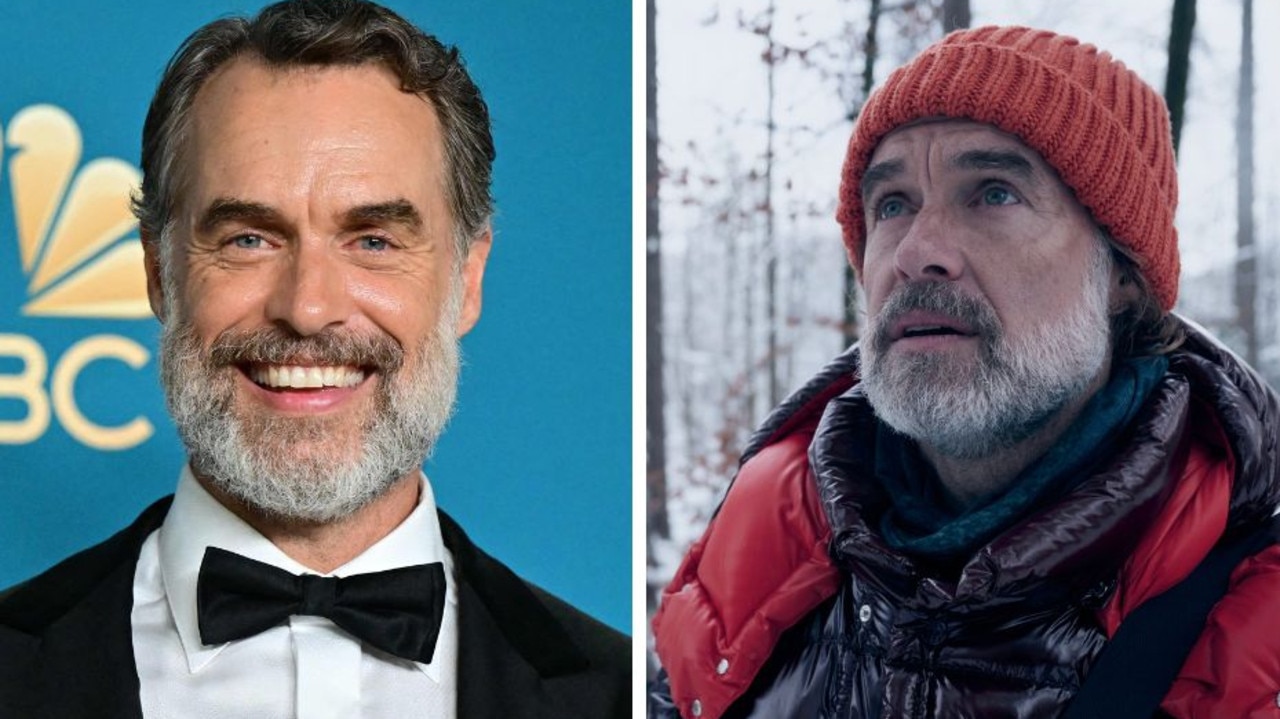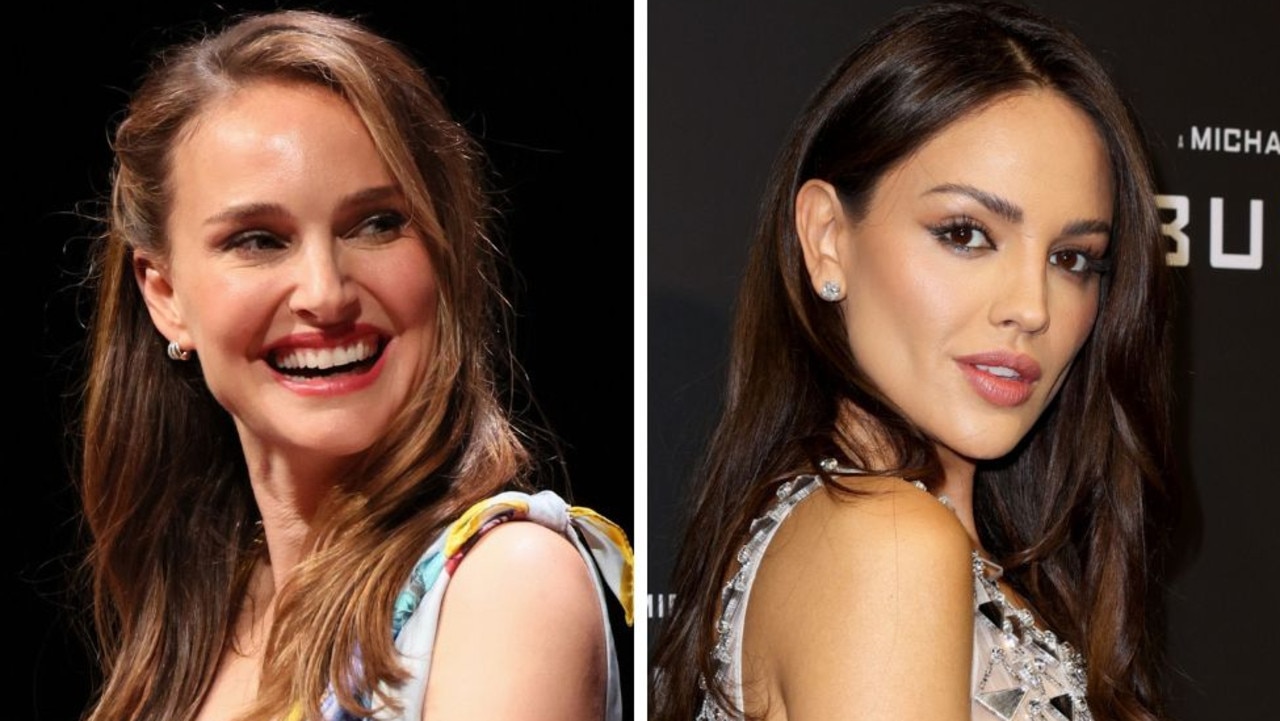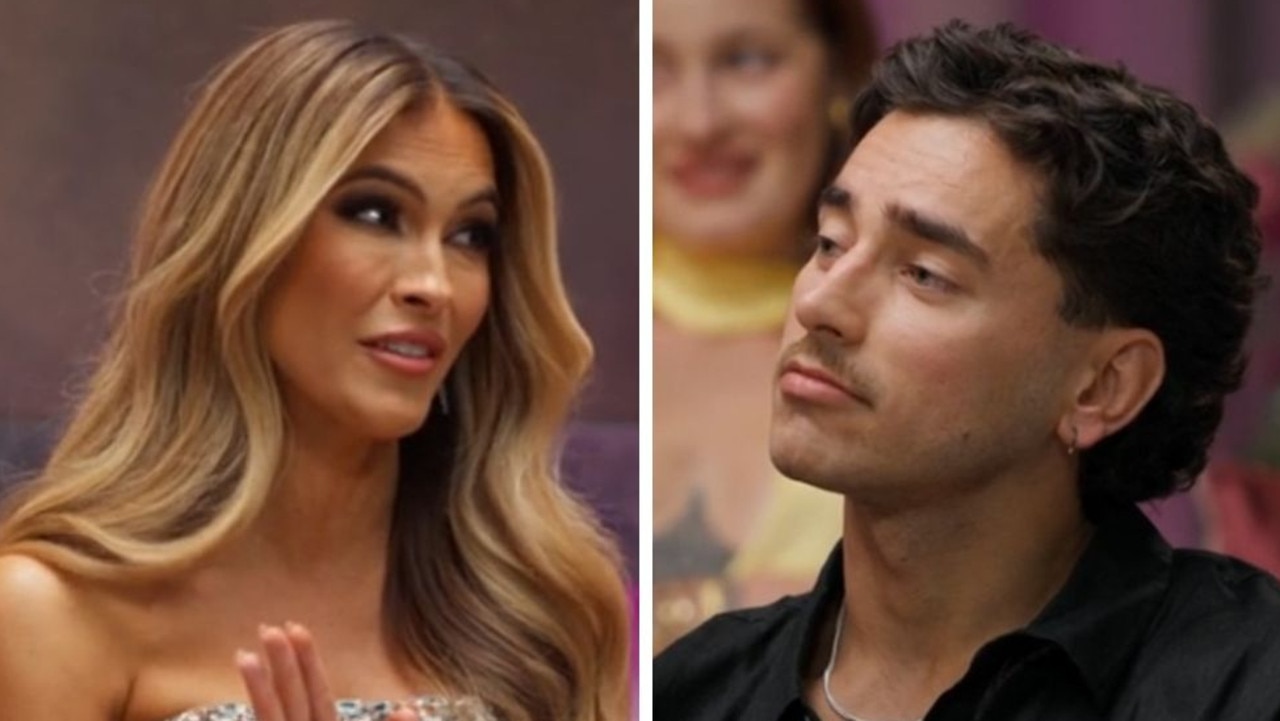NRL calls for ‘technologically neutral’ overhaul to sport broadcasting
Controversial anti-siphoning laws should be amended to enable free online video platforms, not just free-to-air TV, to have first dibs on lucrative sport broadcasting rights, the NRL has said.
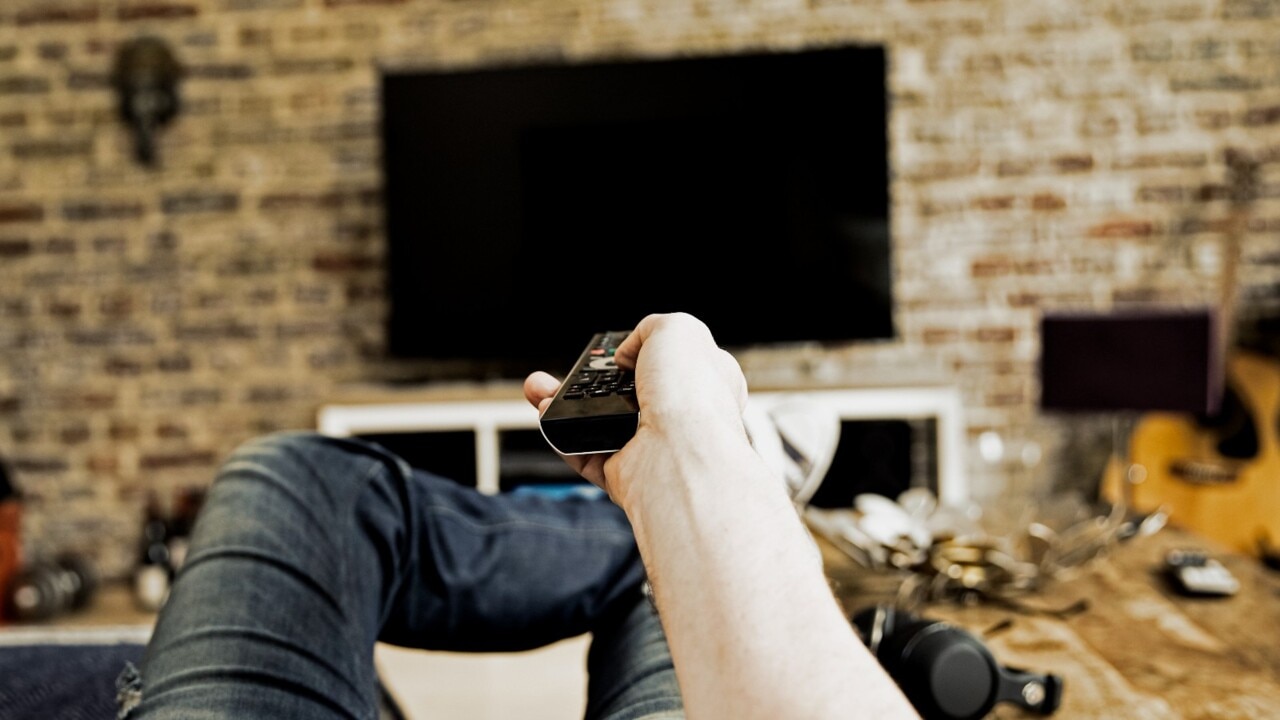
A controversial overhaul of Australia’s anti-siphoning laws, which grant free-to-air television channels first dibs on broadcasting rights for major sporting events, should be amended to allow all free video platforms to negotiate broadcast deals, the NRL says.
Fronting a Senate inquiry into new legislation which proposes to stop streaming services from outbidding free-to-air television networks, NRL corporate affairs boss Misha Zelinsky said a “technologically neutral” approach was needed to bolster the game’s revenue and expansion.
“Essentially when the list was conceived, we lived in a very different world … now of course people take their content in all manner of ways,” Mr Zelinsky said.
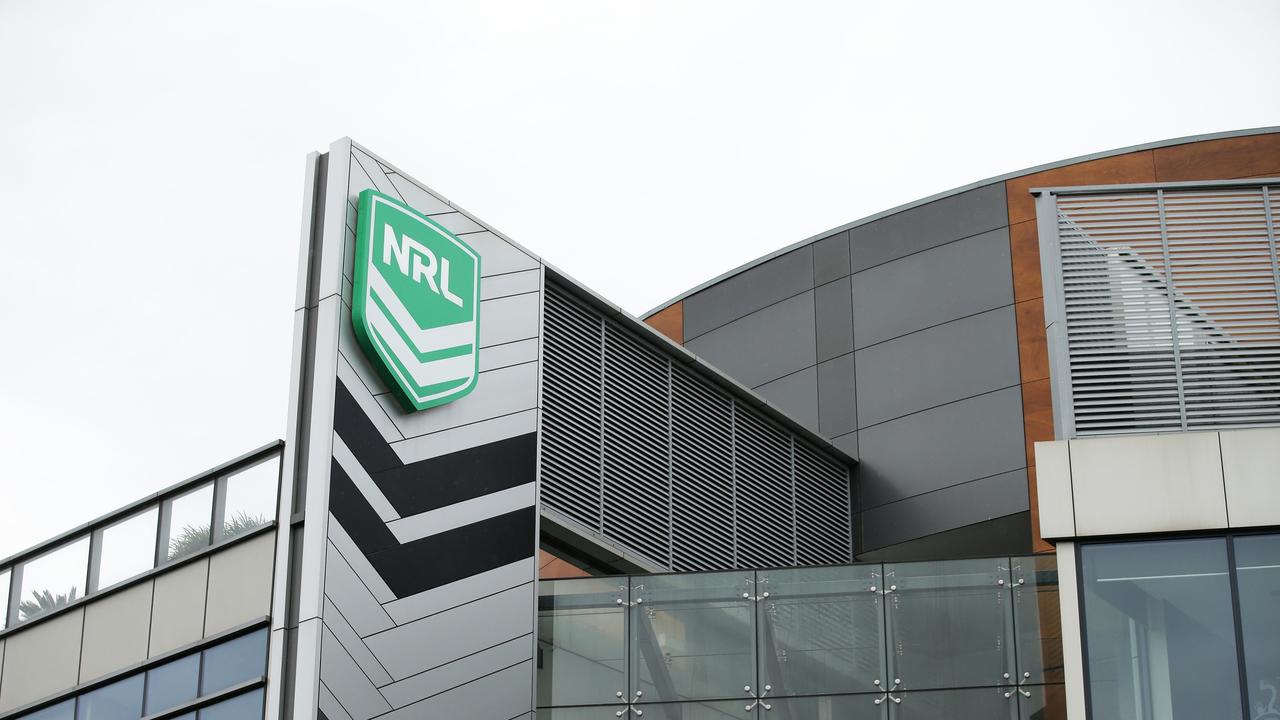
“We should be technologically neutral if the intent is for people to be able to see [sport] freely; we think that’s a great outcome [but] it doesn’t necessarily need to be free-to-air television.
“If it’s only that it can be available essentially through free-to-air television that significantly limits the bidders and fewer bidders means lower competitive tension, which in the end means lower pricing – essentially the ability to generate revenue for any sport.”
The recommendation from the NRL, Australia’s most-watched sporting code, would open the door for platforms such as YouTube to also receive preferential treatment under anti-siphoning rules.
The laws, first introduced in 1992, stop pay television networks from purchasing broadcast rights for sporting events of “national importance and cultural significance” unless free-to-air channels have already purchased the rights for the event. An event is automatically removed from the anti-siphoning list six months before the event is scheduled to start.
Under proposed amendments to the legislation introduced by the Albanese government earlier this month, streaming services will also be stopped from outbidding free-to-air television networks, barring platforms such as Optus Sports for putting events behind a paywall.
Communications Minister Michelle Rowland has also flagged plans to add women’s sports and para-sports to the anti-siphoning list to ensure they are freely accessible.
Sports currently listed include the AFL, the Melbourne Cup, the NRL, the Melbourne Grand Prix, the Australian Open, and the Olympic and Commonwealth Games.
But Mr Zelinsky said less, not more, matches and codes should be covered by the anti-siphoning list to increase the number of bidders who were eligible for broadcast rights.
“When the [Newcastle] Knights are playing the [St George-Illawarra] Dragons, as much as we may love it, I’m not sure if you qualify as ‘nationally significant’ or ‘iconic’,” Mr Zelinsky told the inquiry.
“That limits the ability of our game to monetise the rights and the inability to monetise the rights curtails the ability to invest in all elements of sport: elite, participation, grassroots, the women’s game … It has a material impact, no question.”
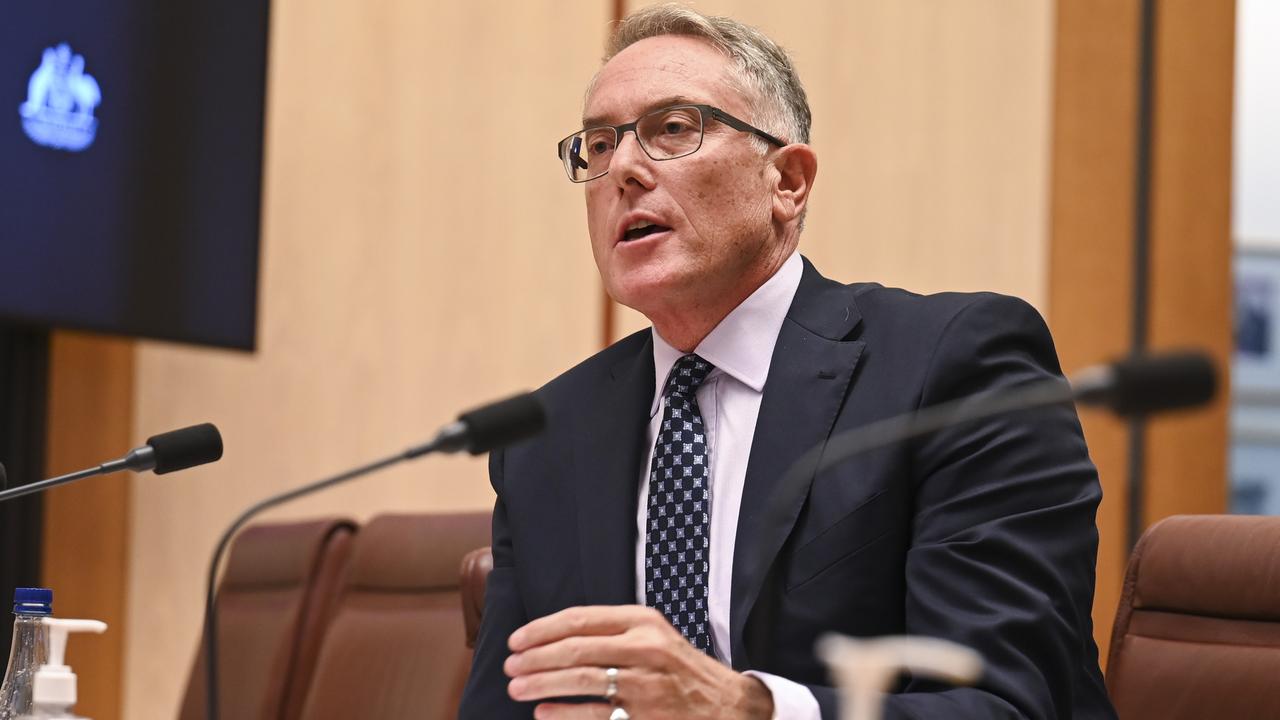
Also appearing at the probe, Foxtel boss Patrick Delany said the launch of paid streaming services by free-to-air channels, including Nine’s Stan Sports and Network 10’s Paramount Plus, had created a “murkiness” within the anti-siphoning framework.
“In the case of Nine and Ten when they acquire the rights, there is no obligation to actually broadcast the rights,” Mr Delany said.
“They can put it on their pay companies, which are Paramount Plus and Stan, and it’s a very dangerous situation, especially if you mandate that the rights of the broadcast as well as the rights for digital have to be acquired before anyone else which distorts the market.”
NewsCorp Australia, owner of NCA NewsWire, holds a 65 per cent stake in Foxtel.
TV execs clash over app placement
The changes proposed by the Albanese government will also grant preferential treatment to apps belonging to free-to-air broadcasters such as ABC iView and 9 Now on smart televisions ahead of other pre-installed streaming apps like Netflix and Binge.
The bosses of commercial broadcasters Seven, Nine and Ten and public broadcasters ABC and SBS argued in favour of the legislation.
Seven West Media boss James Warburton said the changes were needed as Australian viewers increasingly turned to digital consumption.
“The problem for us is we can’t compete. We can’t compete with the global players … You get blown out of the water,” Mr Warburton said.
“Everyone wants a clip of the ticket, a clip of the revenue between 10 and 20 per cent to actually be on the service. We’re just asking for a fair crack.”
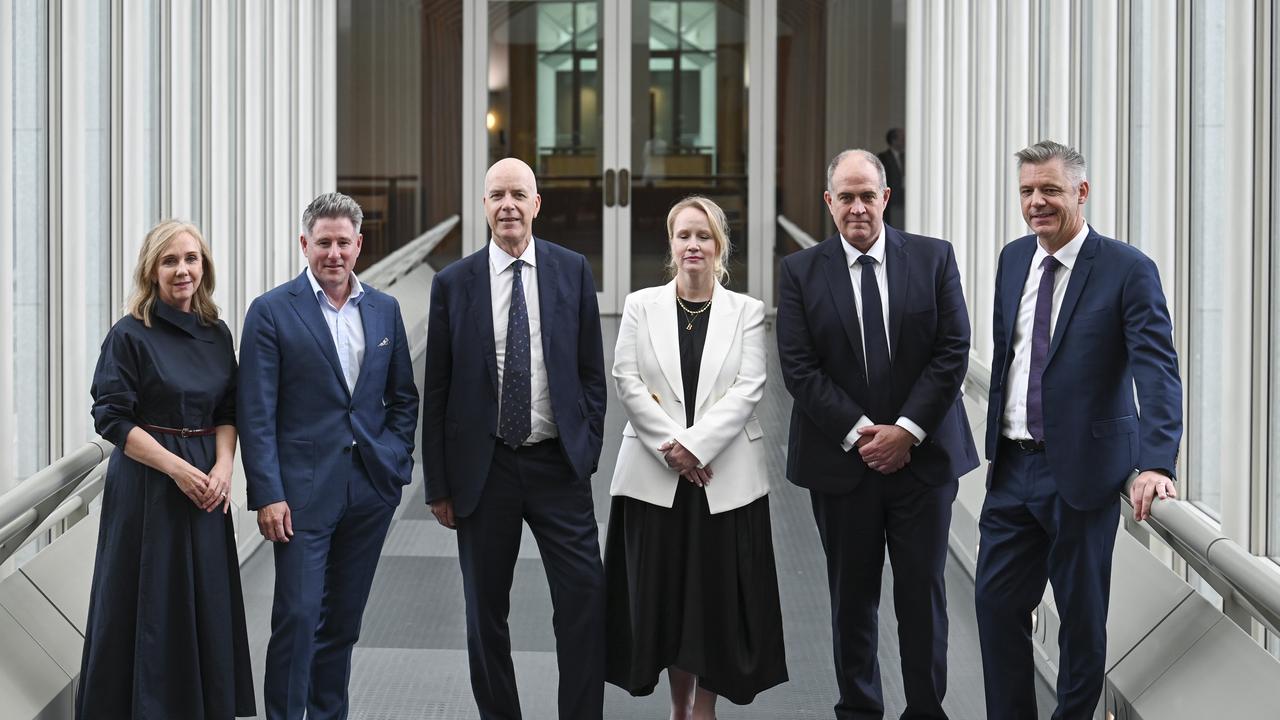
SBS managing director James Taylor told the Senate committee that the broadcaster had their SBS On Demand app removed by a TV manufacturer when it refused to pay a placement fee for the product.
However, Foxtel boss Patrick Delany said free to air options should remain easily available without interfering with consumer choice and convenience.
“We believe customers are entitled to control their own connected TVs that they choose,” he said.
“Any proposal to alter search results and app placement in favour of free to air services undermines a customer’s right to choose.”

